

Today, we celebrate the historic values and achievements of the international trade union movement and reaffirm our commitment to organise workers everywhere and support their fights for democratic rights.
This year, we mark May Day in difficult circumstances. The COVID-19 pandemic and the economic crisis that it exacerbated gravely affected the workers in Asia and the Pacific region. The mixed responses of governments to the crisis caused immense suffering to the working people in various forms: wage theft, unpaid leaves, suspension of labour laws and erosion of labour protection, constant exposure to COVID-19 on top of other occupational risks, loss of income and livelihood, and massive retrenchment. The youth, women, and migrant workers took the heaviest toll, as they are concentrated in sectors that are hardly hit by the crisis.
As if the peoples’ hardships were not enough, their democracy and human rights are also under serious and violent attack. In Myanmar, the military junta’s brutal attacks and killings of its people continue with no sign of abating. The military junta has so far arbitrarily arrested 3,229 people and murdered 737, including trade union activists, women, older persons, youth, and children.
In Hong Kong, the National Security Law is being used to crack down on legitimate and peaceful assemblies. Brother Lee Cheuk Yan and Sister Carol Ng of the Hong Kong Confederation of Trade Unions as well as other pro-democracy activists were sentenced to prison for participating in peaceful demonstrations in 2019 and in the primaries in 2020.
In the Philippines, the Anti-Terrorism Law, which was passed in the middle of the pandemic, is also being weaponised to intensify the crackdown on activists, including trade unionists and labour rights defenders. Over 50 unionists and workers were killed under the Duterte administration.
In India, the pandemic was exploited to justify labour law amendments that diminish the existing rights and protection of workers. The amendments were made without genuine consultation with workers – clearly an assault on the democratic principles of social dialogue.
In Cambodia, Rong Chhun, President of Cambodian Confederation of Unions, is currently in detention. He was imprisoned in relation to a statement he made on the demarcation of the border between Cambodia and Vietnam that stripped several farmers of their lands.
In these challenging times, trade unions are being tested. But we must rise up and, together, fight the injustices around us and reclaim the rights and freedoms that were taken away from us. Our strong solidarity in advocating for the workers’ agenda can be an antidote to the currently ailing economy, society, and planet.
We need to push for a new social contract that guarantees recovery and resilience. Let us call on governments to address our five key demands – first, creation of climate-friendly jobs with just transition; second, rights for all workers, irrespective of their employment arrangement; third, universal social protection; fourth, equality; and lastly, inclusion.
This new social contract can be realised only if it is renegotiated under a well-functioning democracy through social dialogue. But social dialogue will not flourish in a system that silences and attacks workers. Hence, the fight for restoring and fortifying democratic rights, values, and institutions is not separate from the fights of the workers and trade unions.
More than ever, the international trade union movement must continue to stand by the democracy movement and join the broader struggles to defend peace, justice, and democracy. Together, let us continue organising so that we can build workers’ power that will oppose tyranny and inequality, and advance the agenda of the oppressed.
Long live international solidarity!
The statement is available for download in PDF here.


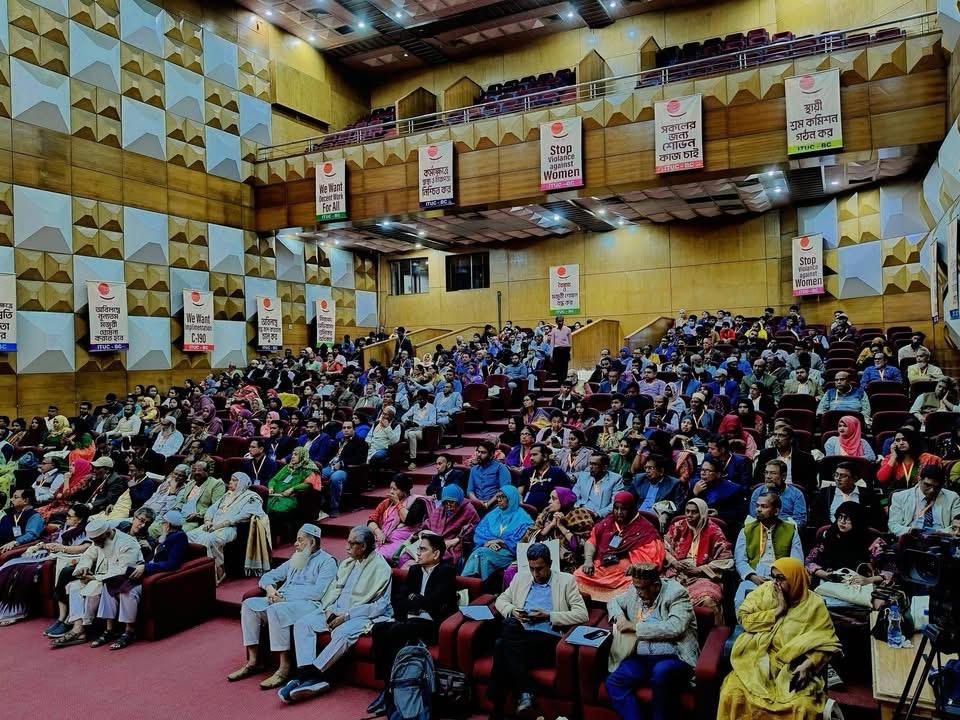





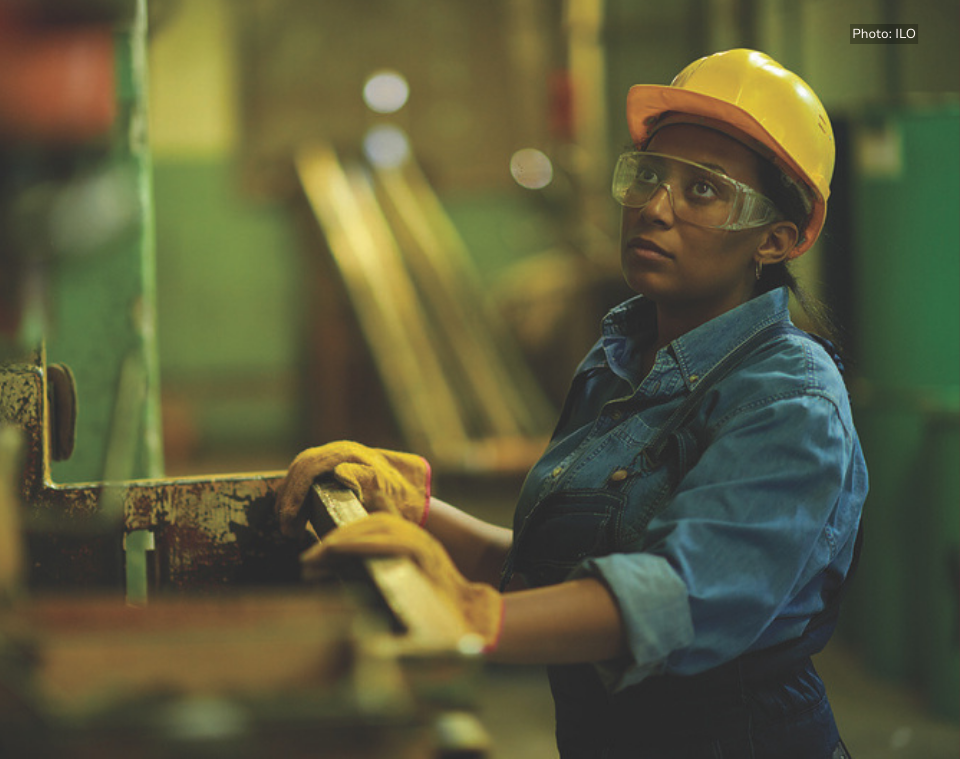





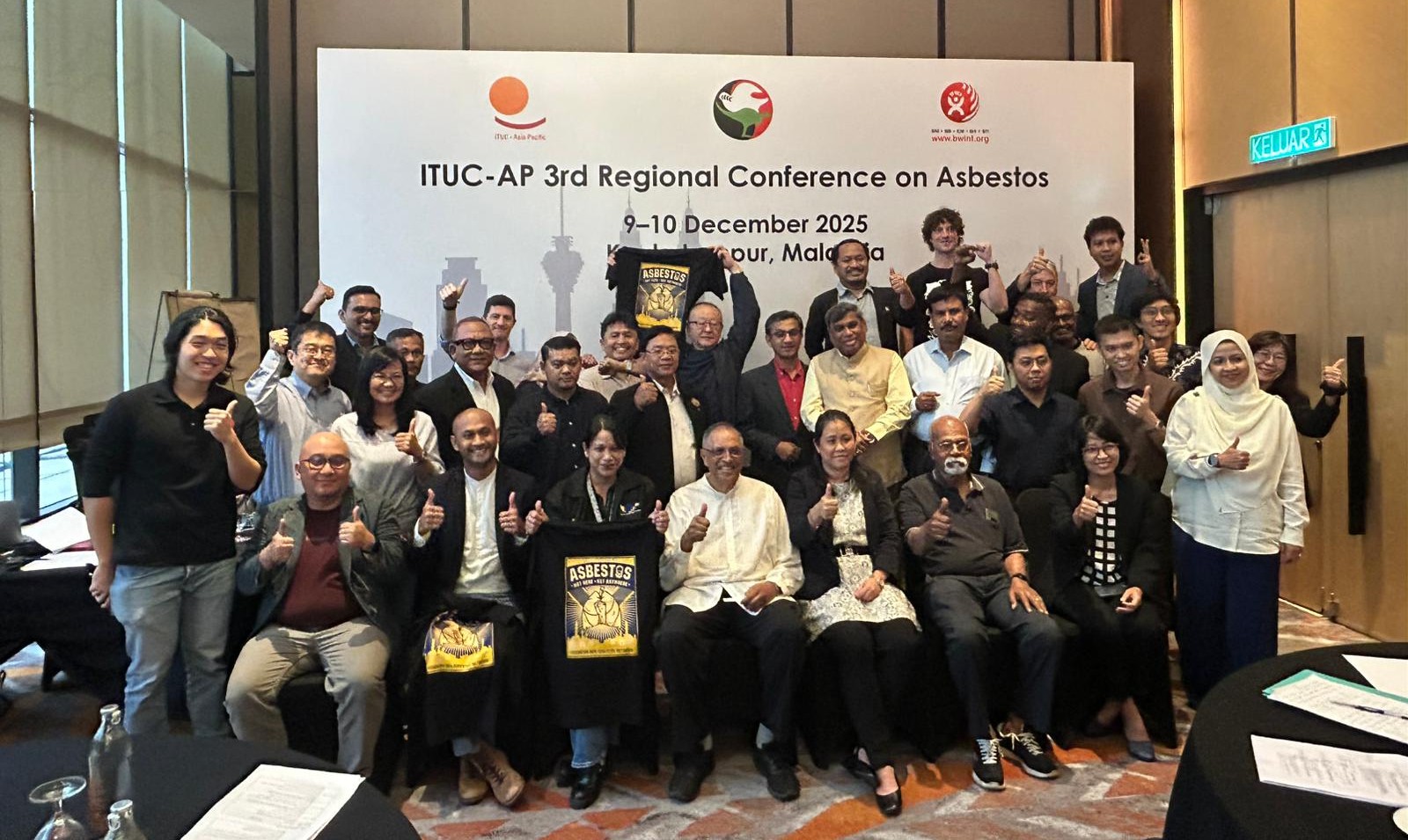





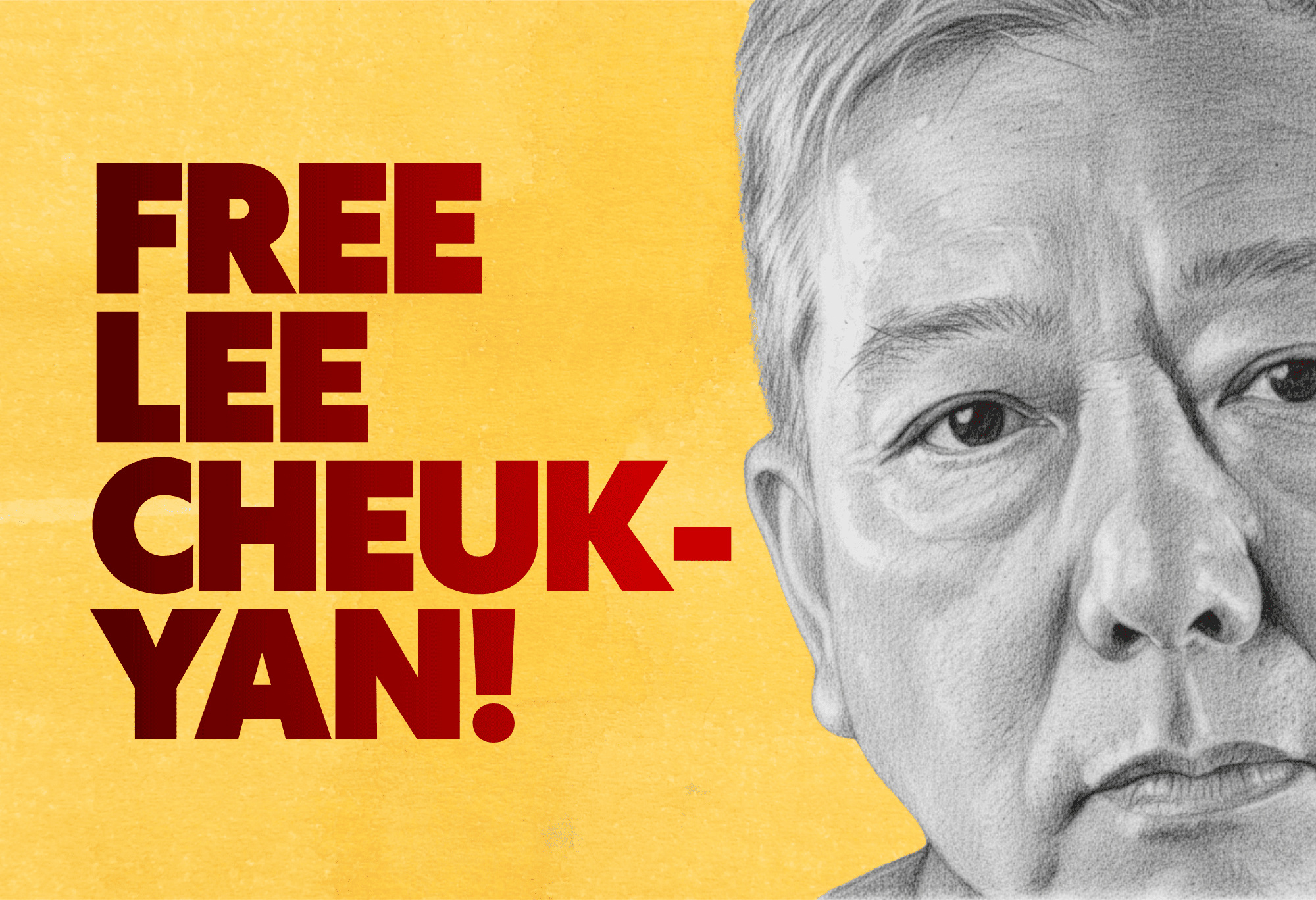





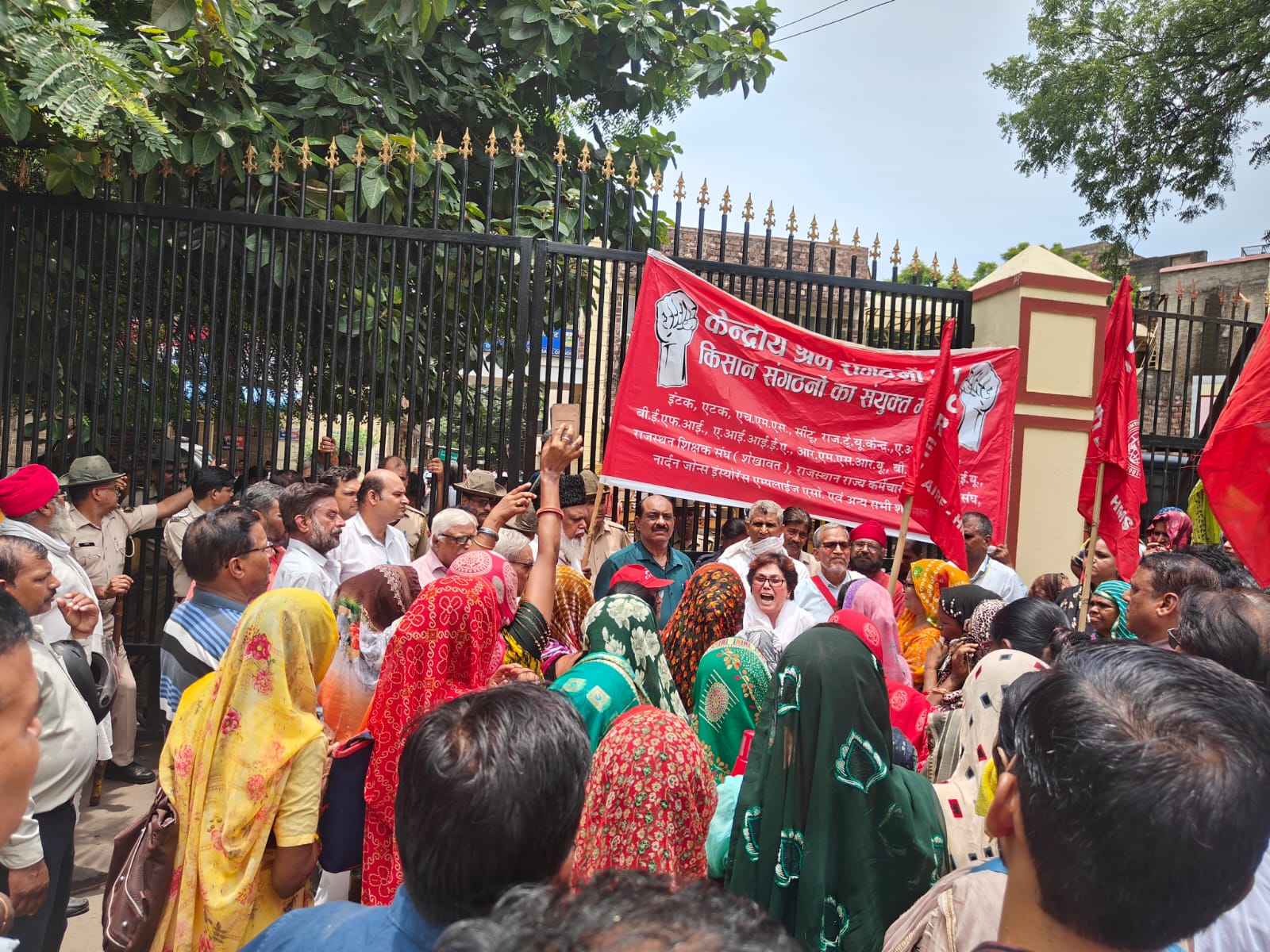





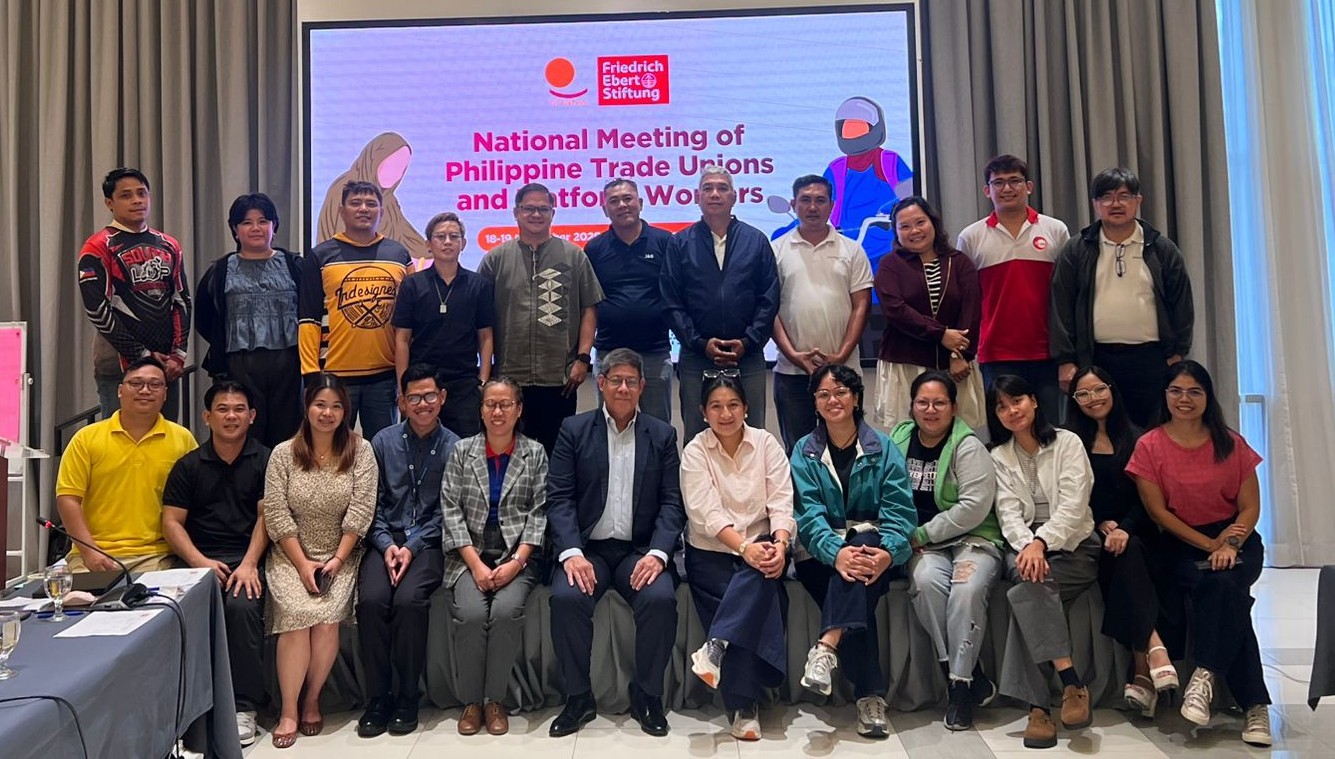





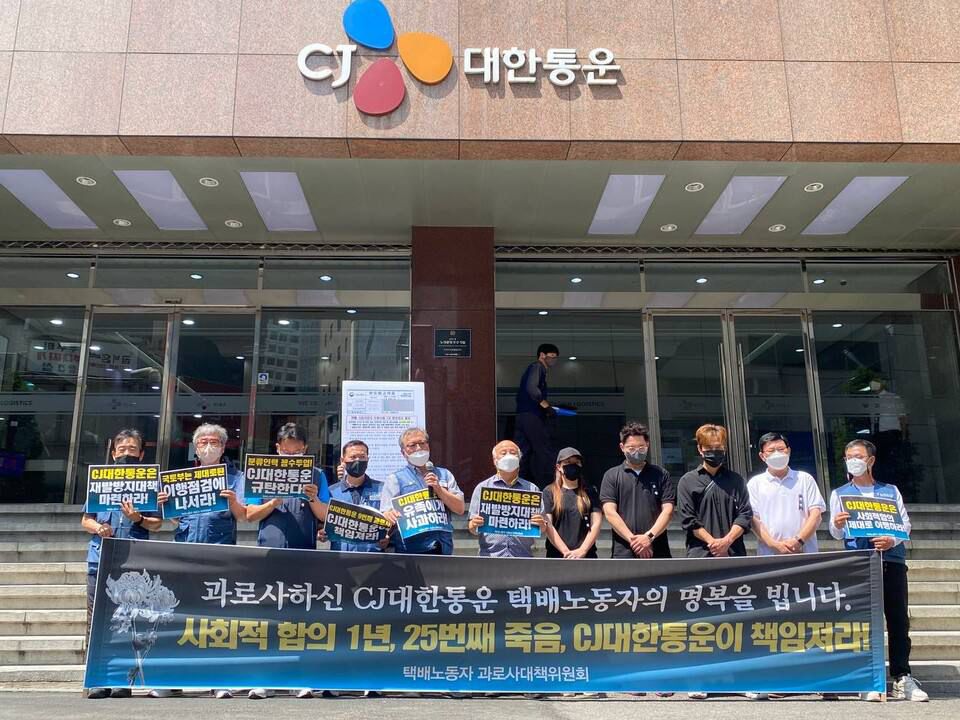





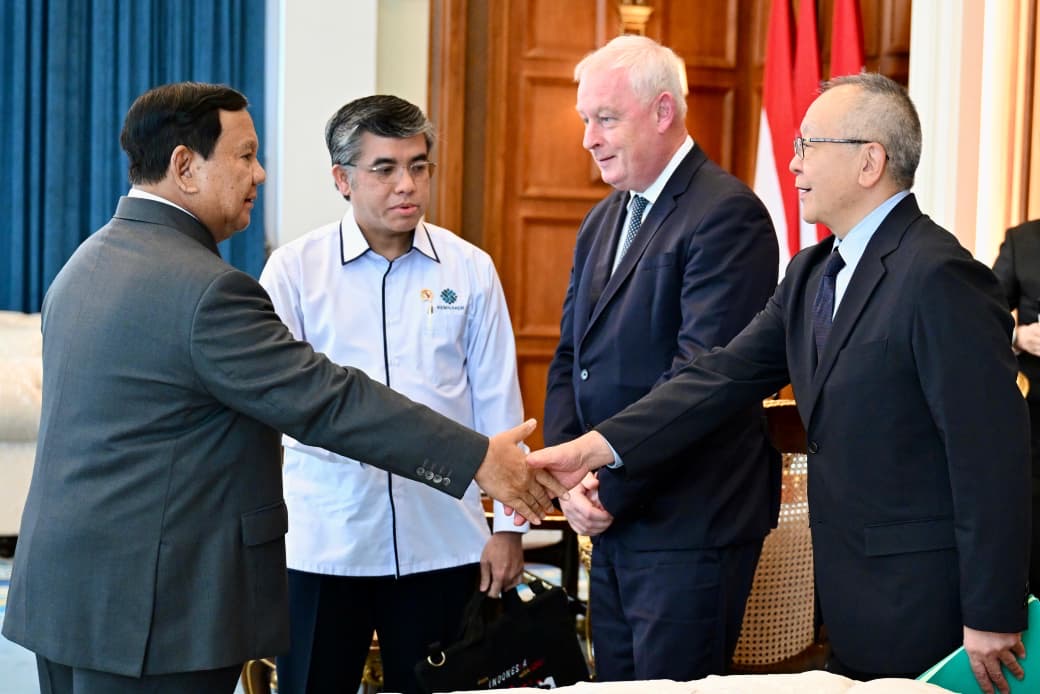





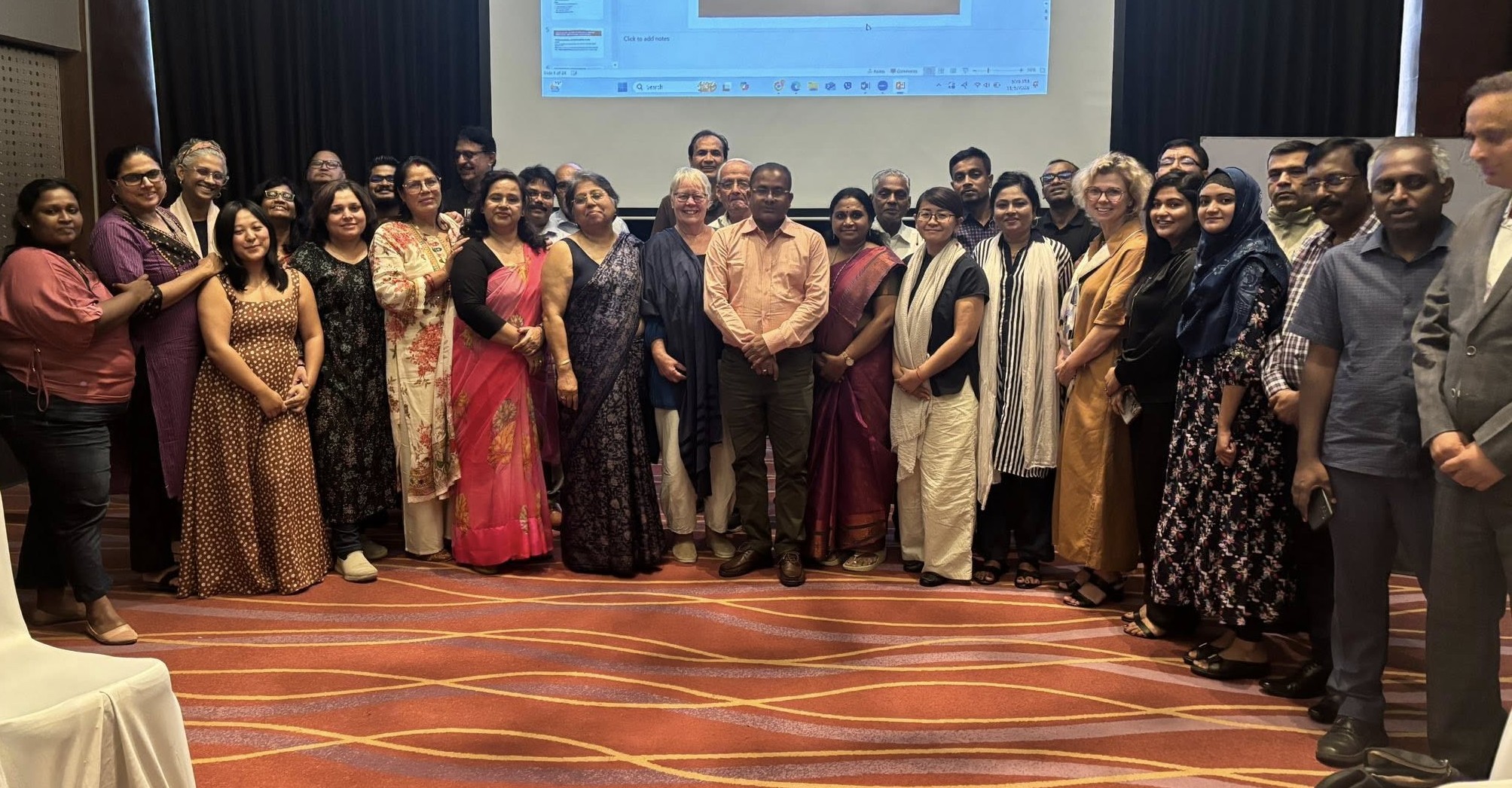





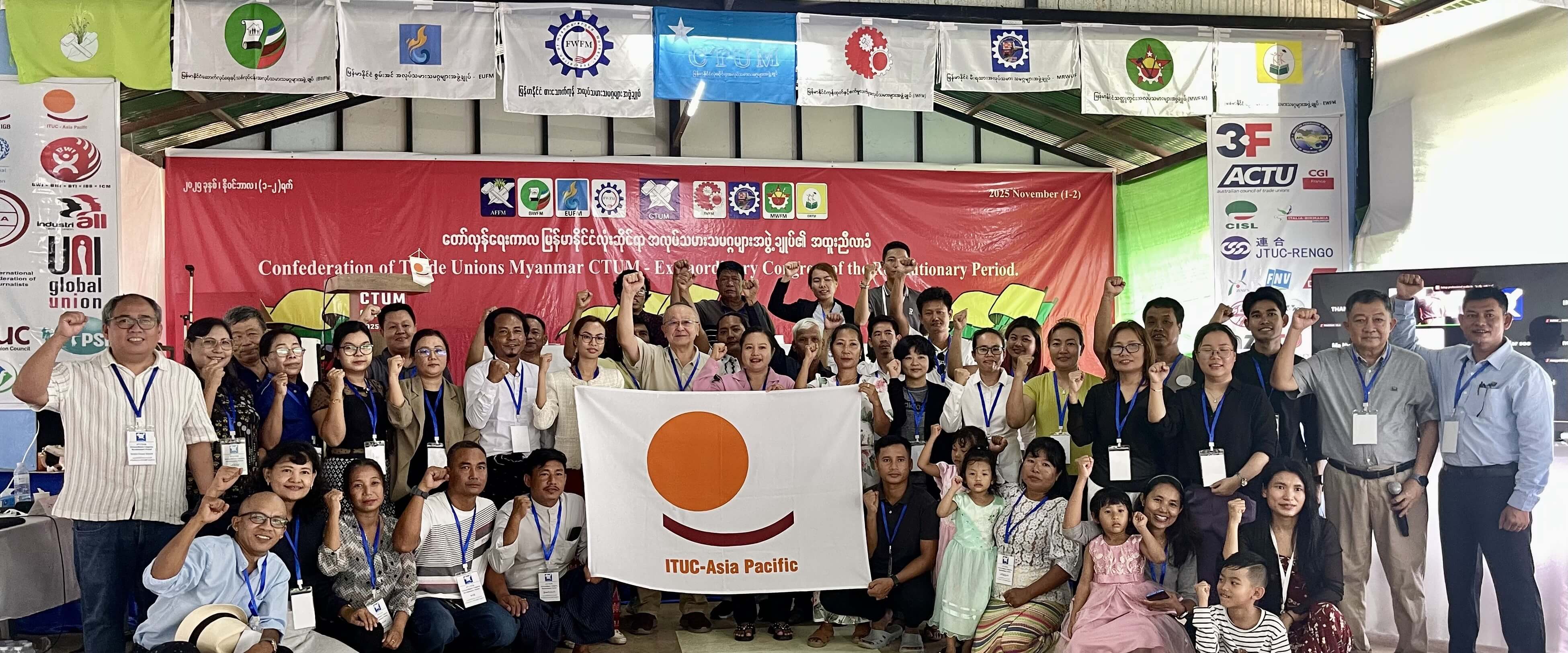





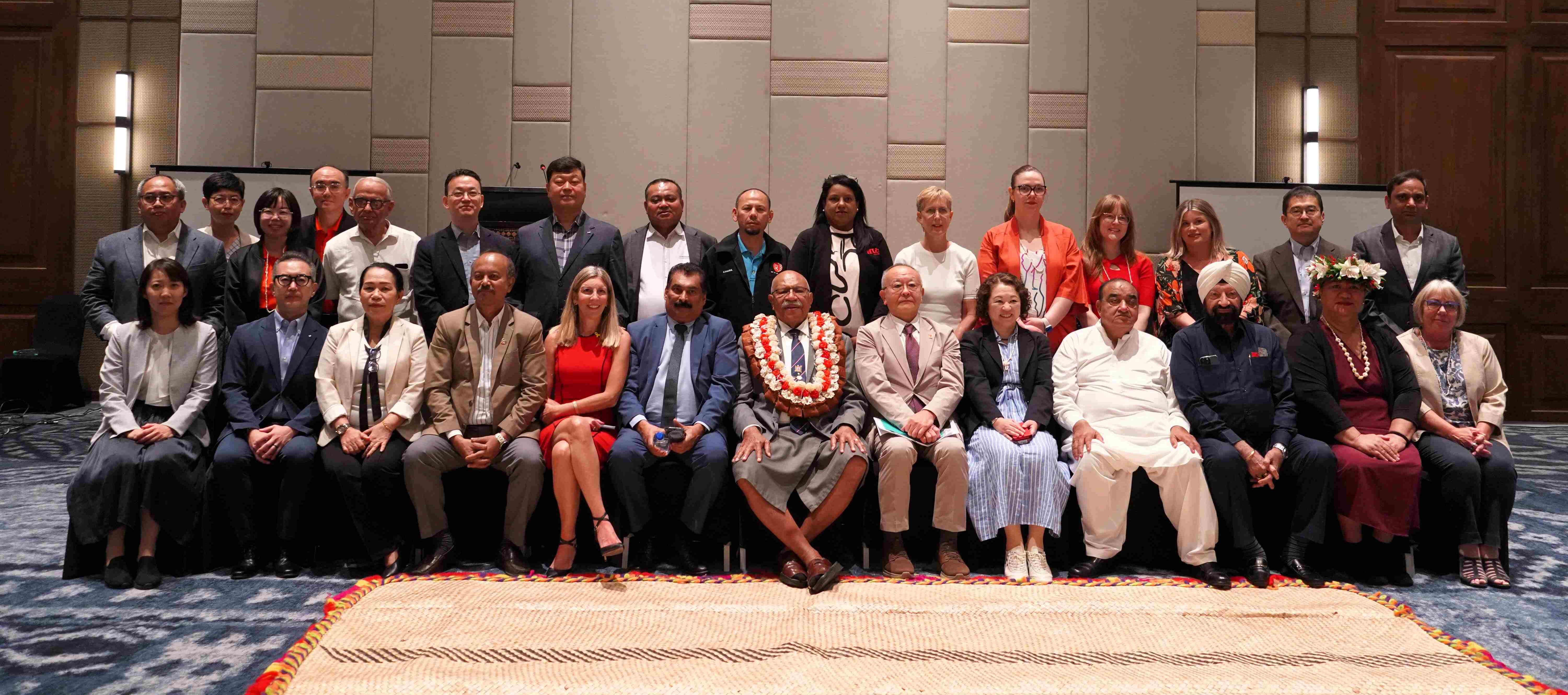





.jpg)


.jpg)


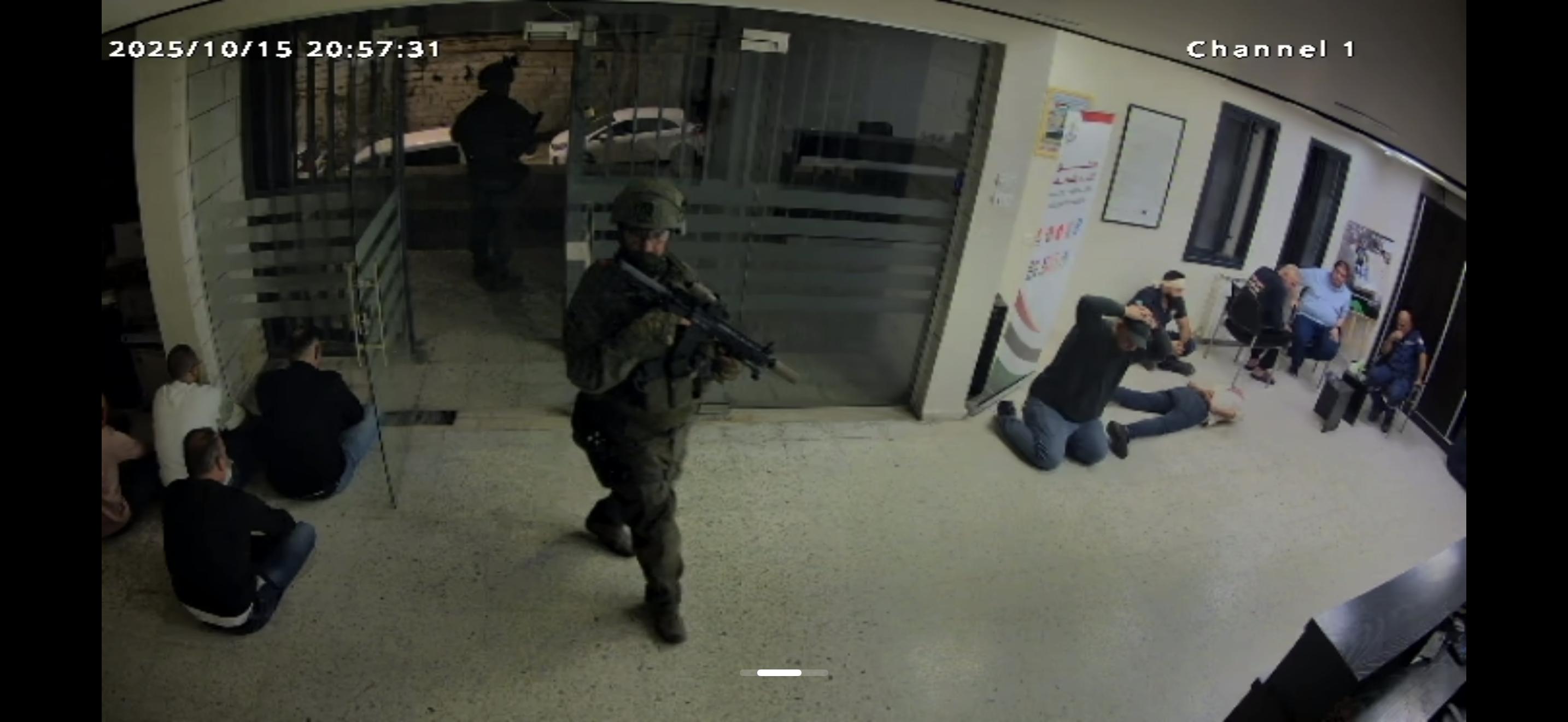





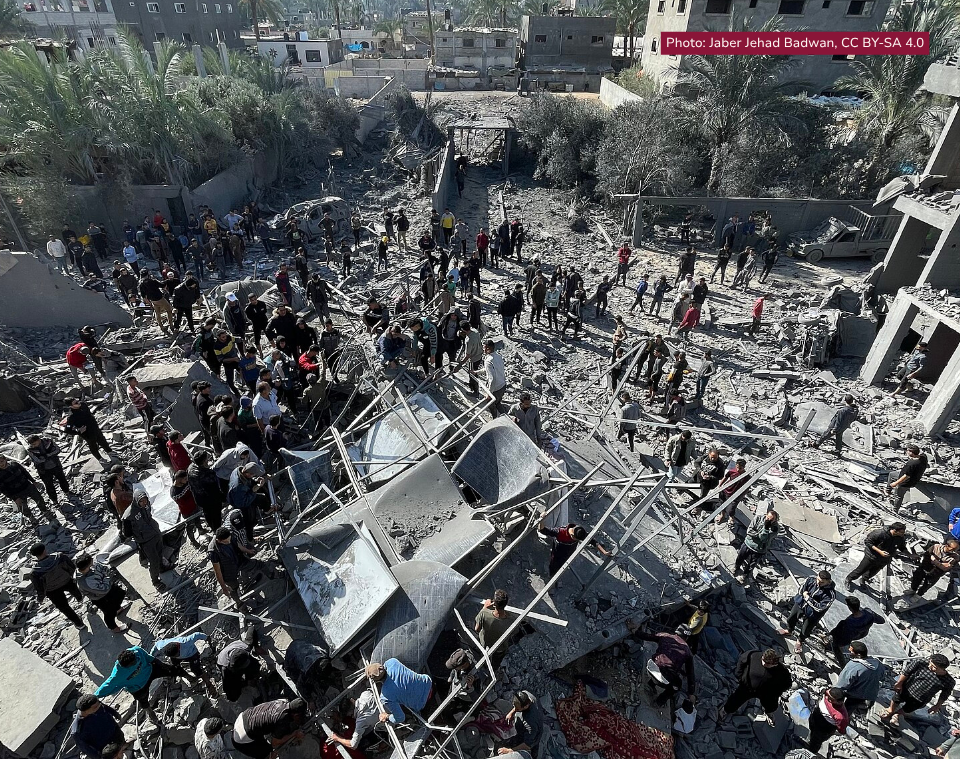





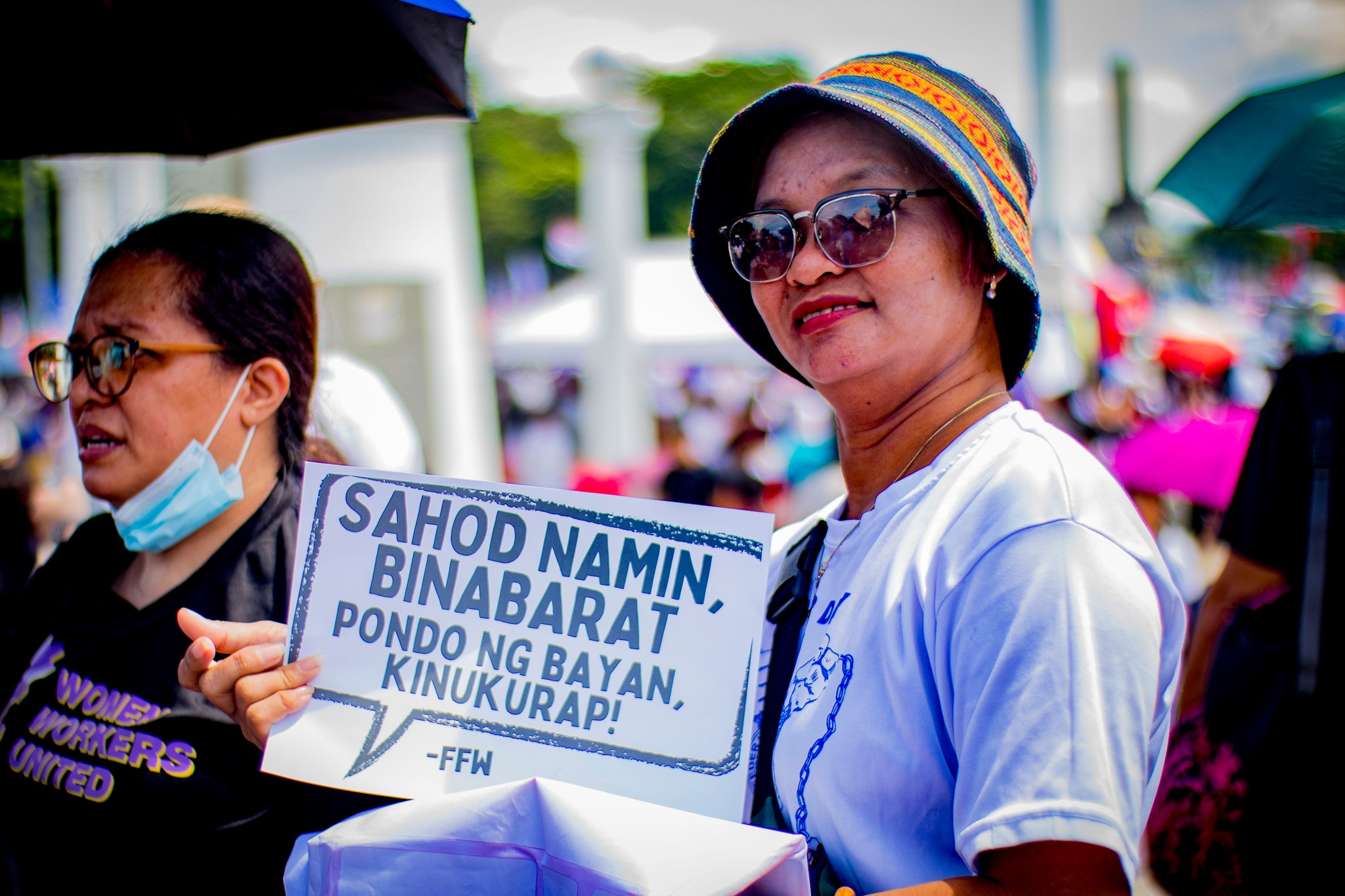





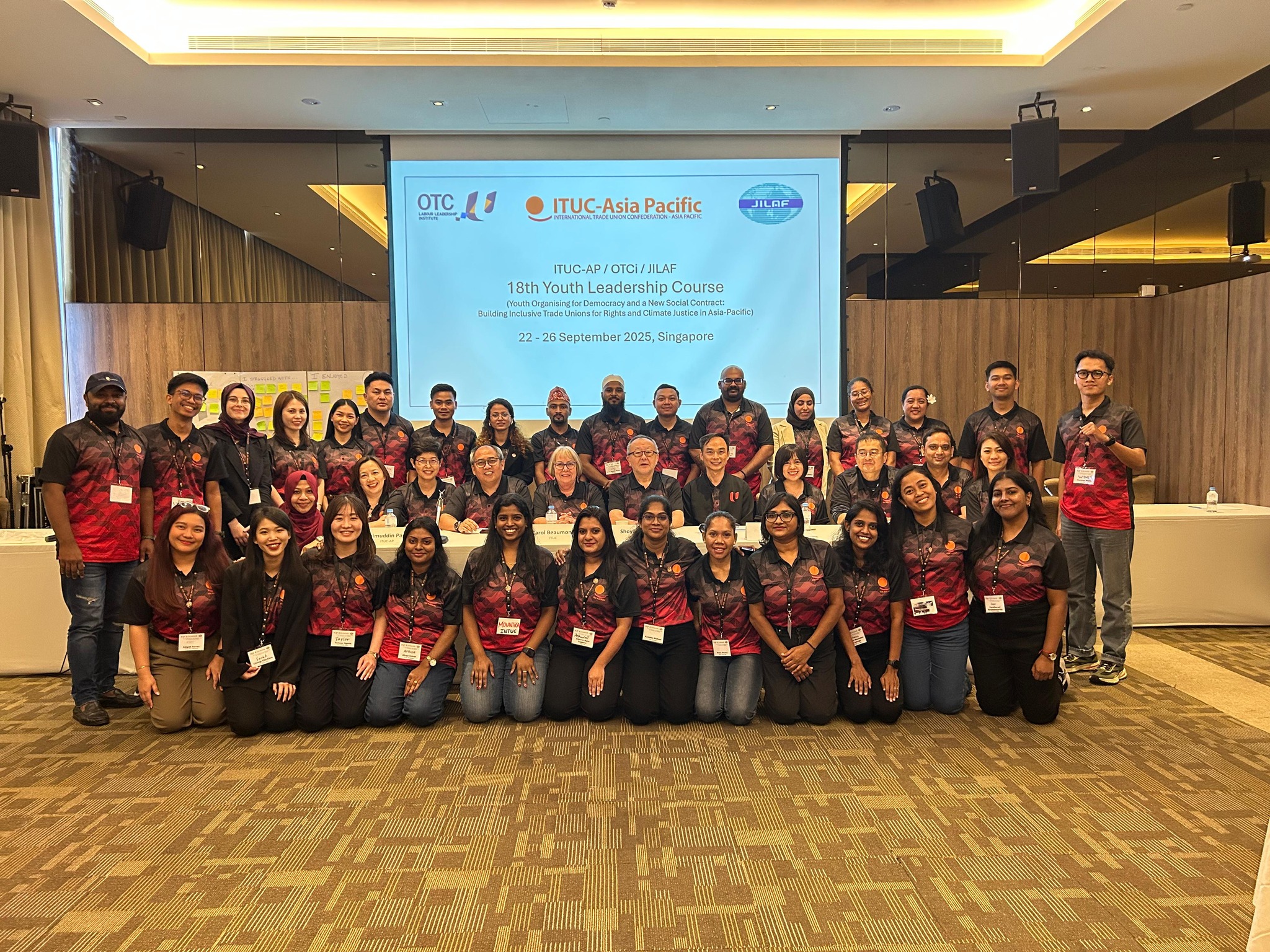





.png)


.png)








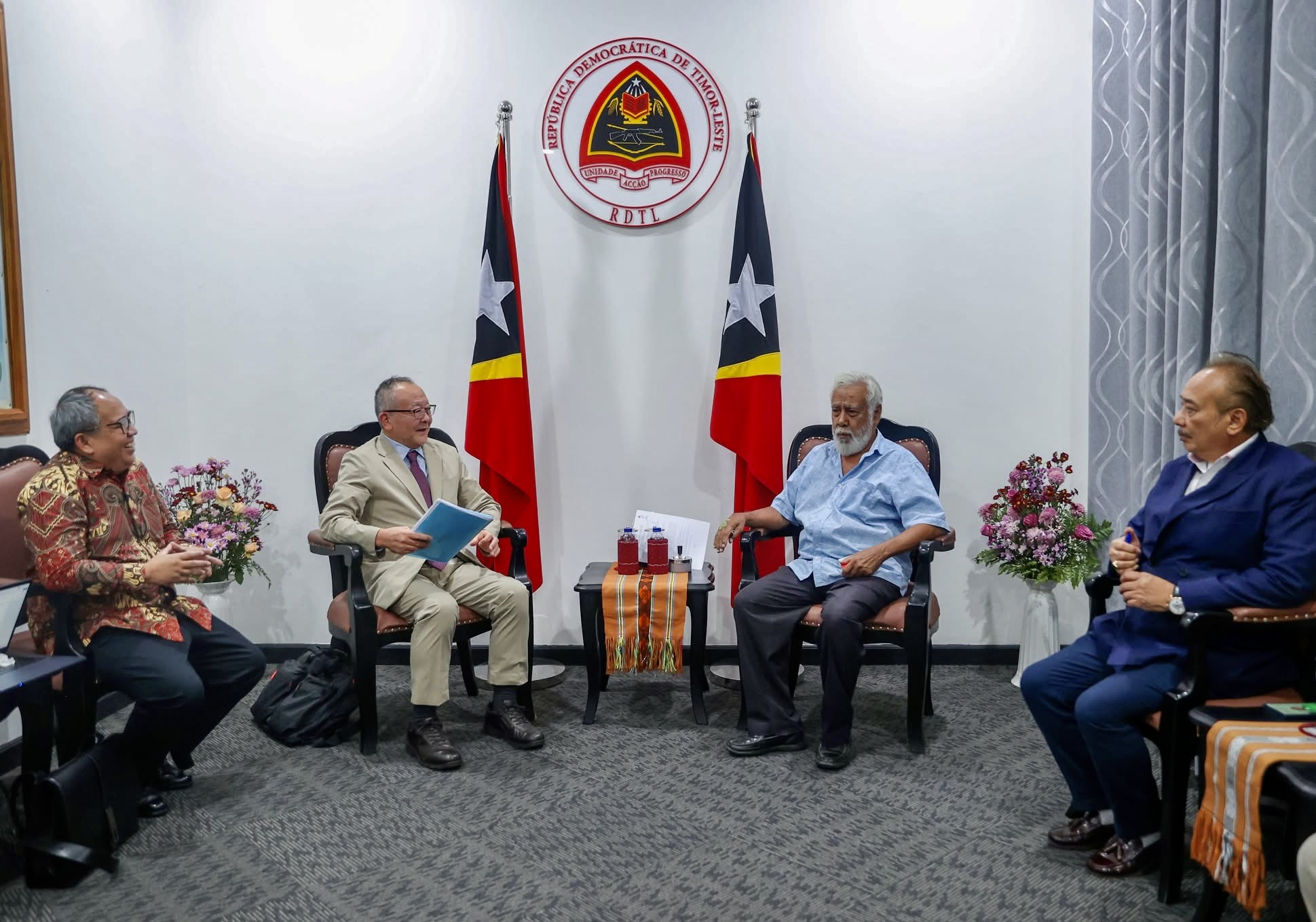





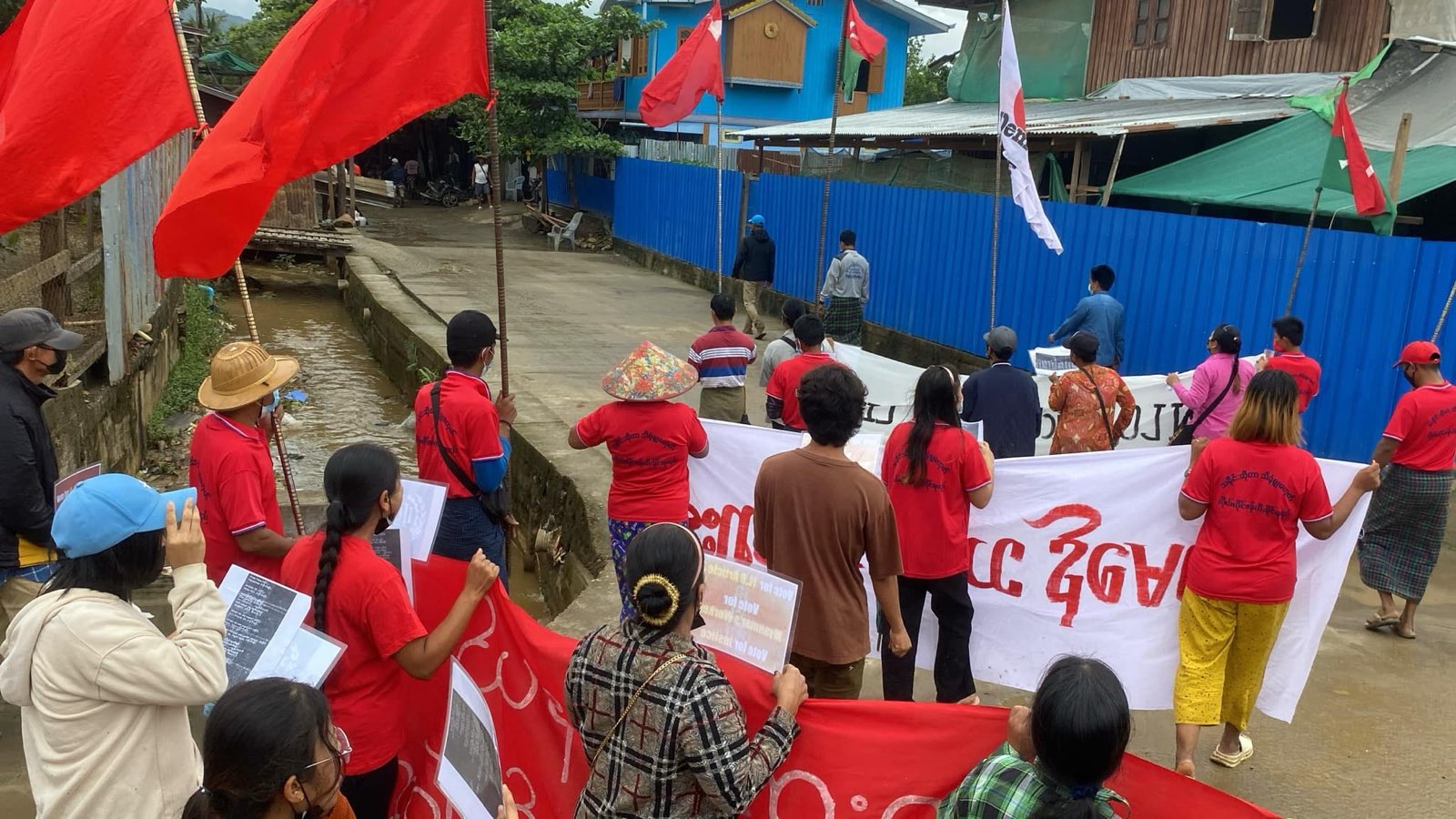





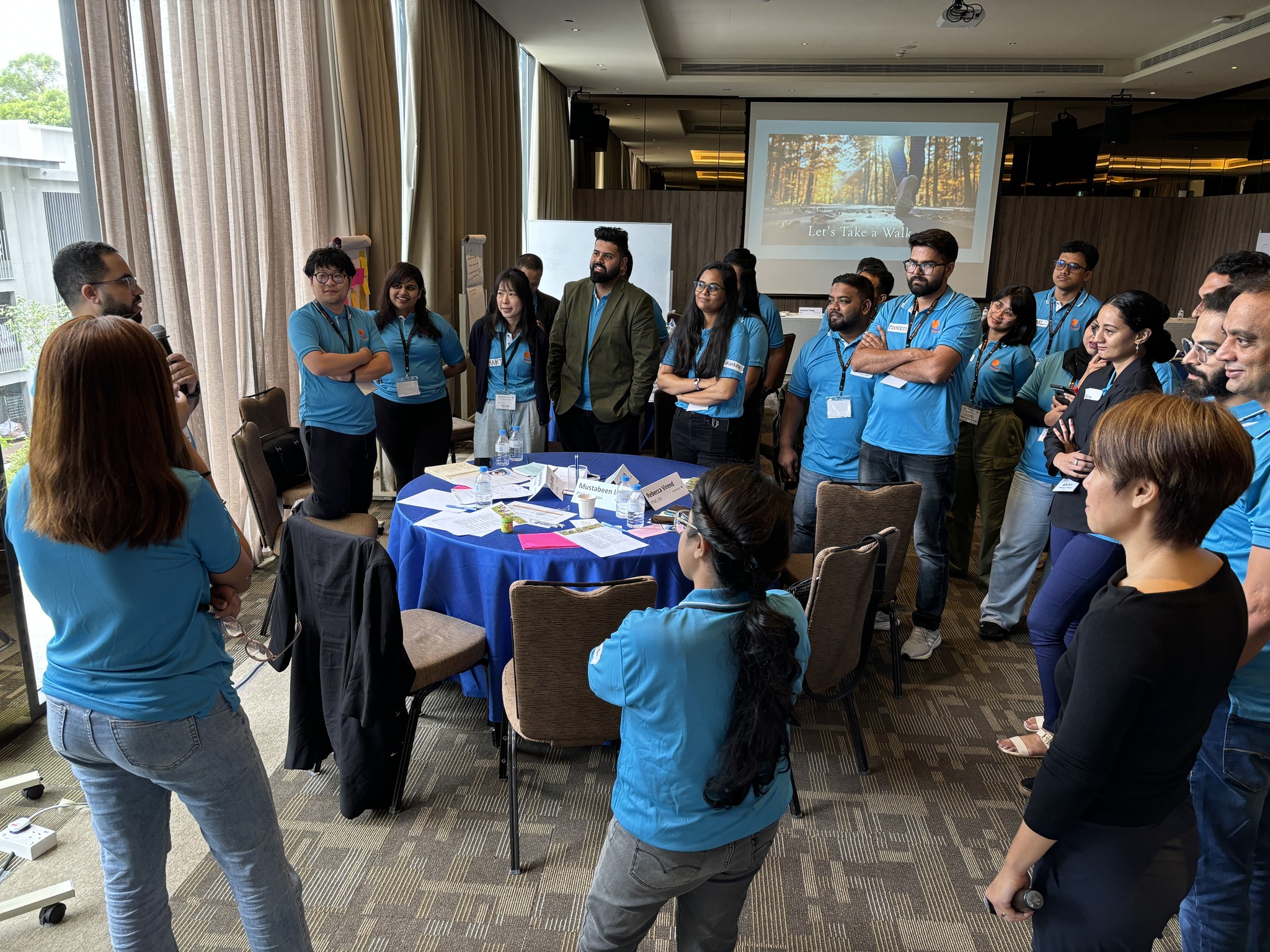





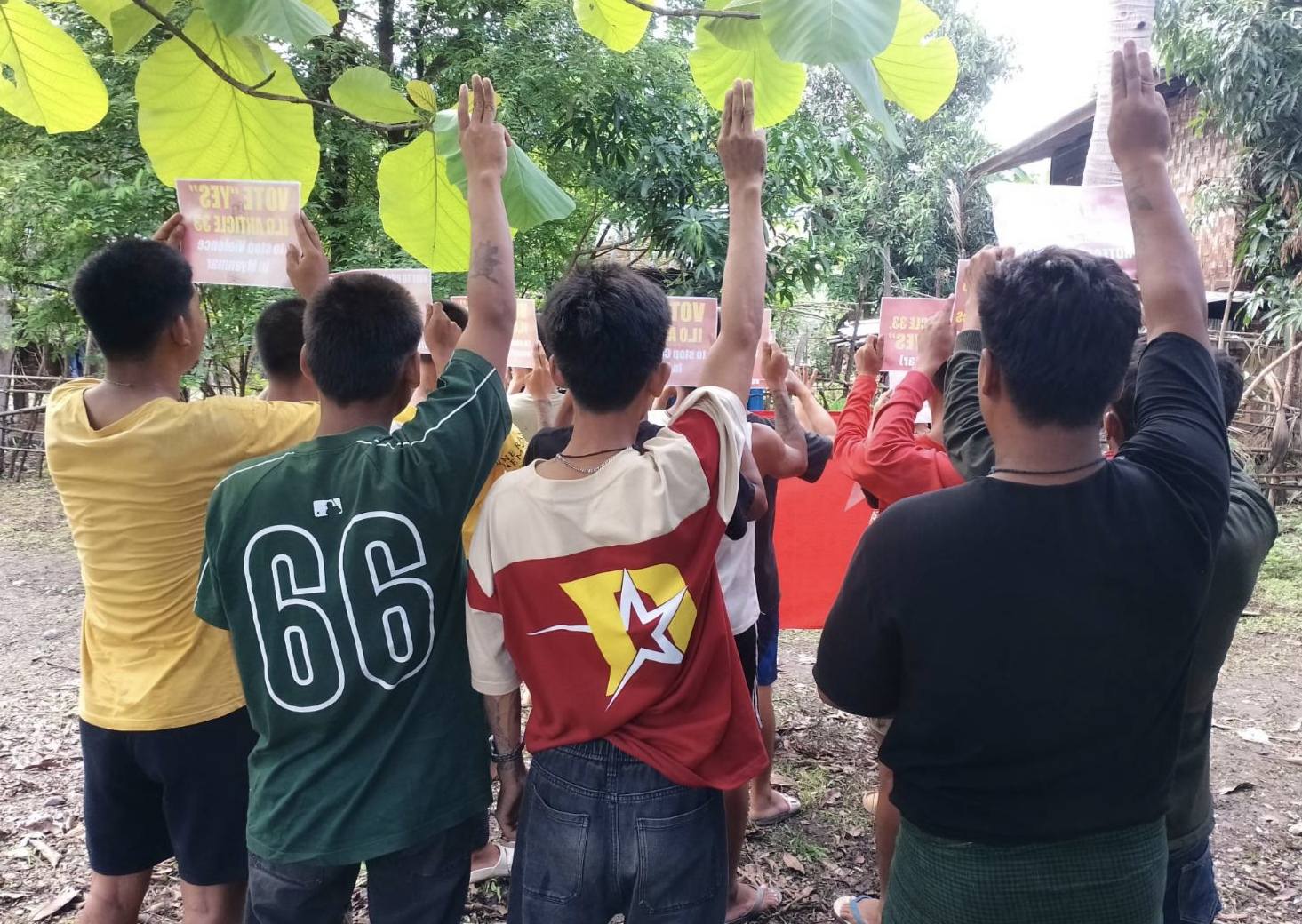





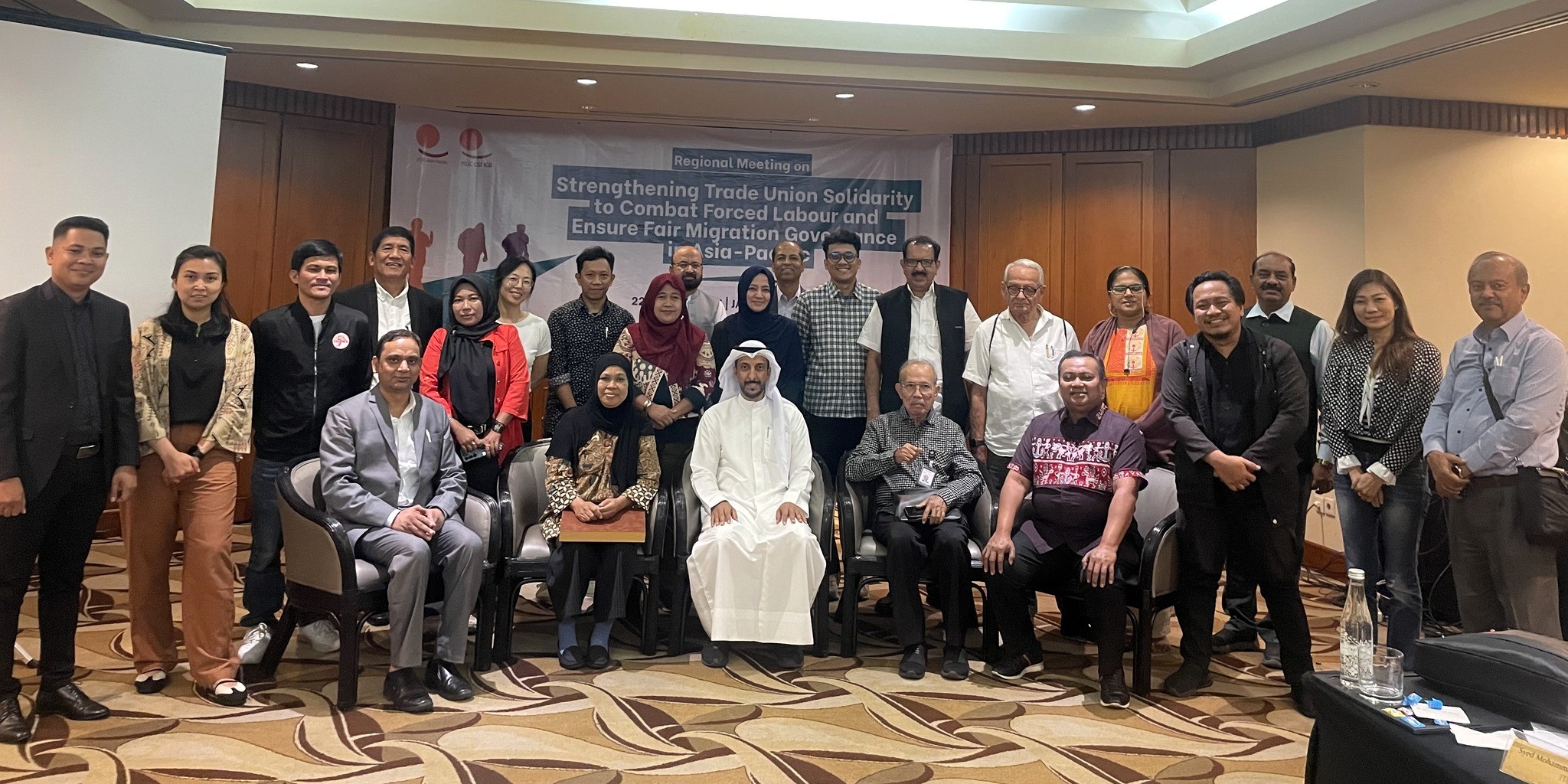























.png)


.png)














.png)


.png)
















































































































%20(1).png)


%20(1).png)
























.jpg)


.jpg)














































































.png)


.png)
























.png)


.png)














































































































.jpg)


.jpg)


























.png)


.png)

